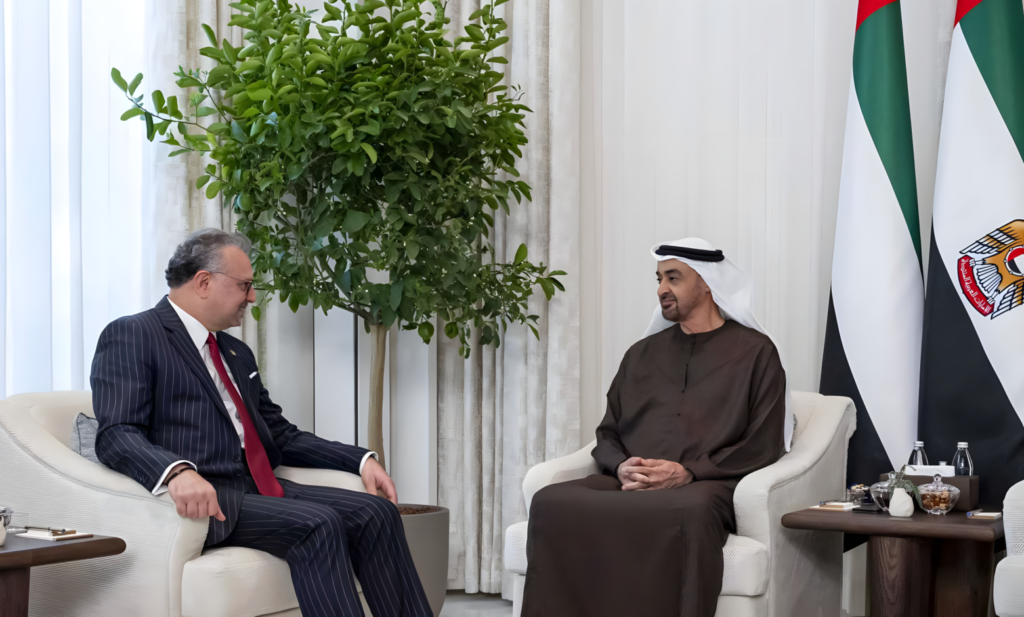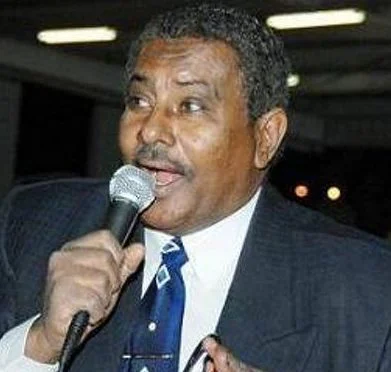
The Sudan People’s Liberation Movement-North (SPLM-N), led by Abdelaziz al-Hilu, has downplayed the importance of international recognition for the recently announced Tasis (Founding Alliance) government, insisting that global recognition will come in due time.
Adil Shalouka, a senior SPLM-N official and member of the alliance’s media committee, told Sudan Tribune that the legitimacy of the new administration stems from the Sudanese people’s desire for change and from fighters on the ground, not from the approval of foreign powers.
On July 26, the Sudan Founding Alliance announced the creation of a transitional presidential council. It is chaired by Rapid Support Forces (RSF) commander Mohamed Hamdan Dagalo “Hemedti,” with Abdelaziz al-Hilu as his deputy. Former Sovereign Council member Mohamed Hassan al-Ta’ayshi has been named prime minister.
The Arab League and the African Union both rejected the declaration of a civilian government led by the RSF. The AU called on member states not to recognize or deal with the new authority.
Shalouka dismissed concerns over recognition, saying:
“We are not worried about recognition. The alliance will proceed with establishing a peace-oriented government at all levels so it can serve people in our territories. The world will eventually recognize the Tasis government.”
He also dismissed the Arab League statement as irrelevant:
“We do not take the Arab League seriously. We never expected a different stance from them. As for the African Union, its position is shaped by its own internal contradictions, and we understand that.”
Shalouka rejected media claims that ministerial posts within the Tasis government were divided between Darfur and Kordofan.
“There is no quota system between Kordofan, Darfur, or any other region,” he said, emphasizing that appointments were made collectively by political groups, civil society, armed movements, independents, and other actors who agreed on selection criteria.
He explained that the government was formed primarily to address the urgent needs of citizens who have been denied basic services by the “Port Sudan government,” including humanitarian aid.
“The government’s responsibility toward its people does not depend on international recognition, even if such recognition is important,” he added.
Shalouka rejected suggestions that the creation of a civilian government was a bargaining tool or a step to impose new facts on the ground:
“The situation on the ground, particularly the humanitarian crisis, forced us to act,” he said.
Regarding the current fragmented control in Kordofan, where the army, SPLM-N, and RSF each hold territory, Shalouka stated:
“This is a war of advance and retreat. Soon, the Tasis government will exercise its authority and carry out its duties in all regions.”
The RSF now controls nearly all of Darfur except the besieged city of El Fasher, while SPLM-N shares control of South Kordofan with General al-Burhan’s army (SAF). Recently, RSF forces have also seized much of West Kordofan, leaving Babnusa city under a year-and-a-half-long siege.




